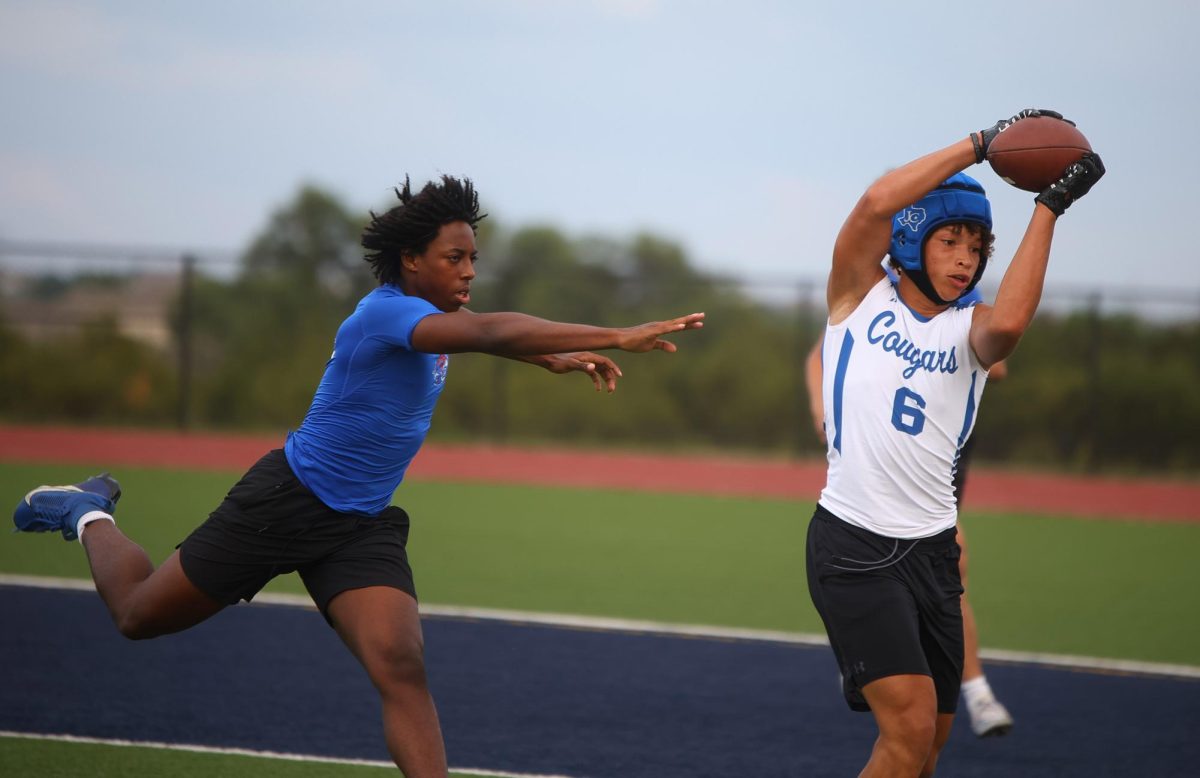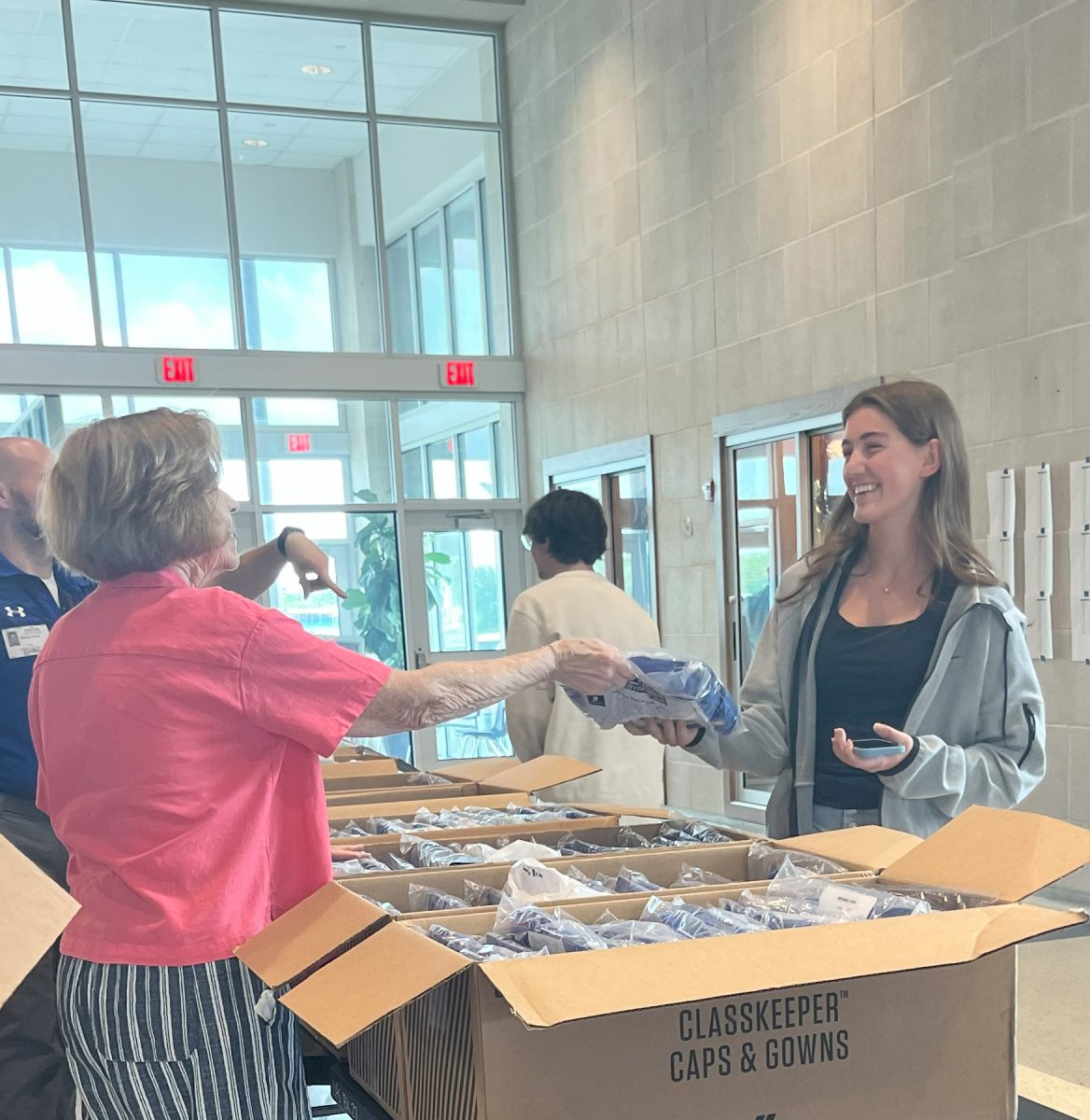By Emma Berkel
As technology continues to play a bigger and bigger role in our lives, communication between teachers and students via cell phone and the Internet has taken off. The additional communication allows students to request help on homework or receive updates on practice scheduling, and teachers to send reminders to their students when major assignments are due. However, as student-teacher interactions leave the school environment, there arises concern of an increased chance for an inappropriate relationship to develop.
That concern is what prompted the McKinney school district to place a strict ban on all electronic communication between their teachers and students. Although the policy did not restrict teachers from having a page on social networking sites such as Facebook, it did well to immediately sever communication outside of school.
Parents, students, teachers, and even a few school board members were quick to protest the policy and said policy was revised on September 29th. The revision, approved unanimously, allowed teachers to text or e-mail students through their parents, however the firm code of conduct outlined in the first draft remained in place.
In schools across the country this new advance in student-teacher communication is prompting many more than those down at McKinney to consider and act on the potential risks. But at the same time it’s impossible to ignore the numerous benefits attributed to this additional communication.
“It’s actually faster,” said Stephanie French, sophomore, “I don’t see a problem with it so long as it’s done appropriately.”
When asked whether or not the additional communication would offer an advantage, Ash Taher, sophomore, answered with an enthusiastic, “Yes, because I am very forgetful.” Confronted with that same question, many more students agreed although for different reasons, be it a way to receive assignments during absence or a reliable backup when a project can’t be turned in physically.
Though the question stands: does the good outweigh the risk?
Holding the belief that it does, Taher explained how the conversations would be documented electronically and consequently both accessible and easy to prosecute should something less than professional occur.
Although the debate remains, as different districts instate different policies regarding conduct, it’s clear that electronic communication is likely here to stay. The issue now is how lenient should these guidelines be.






